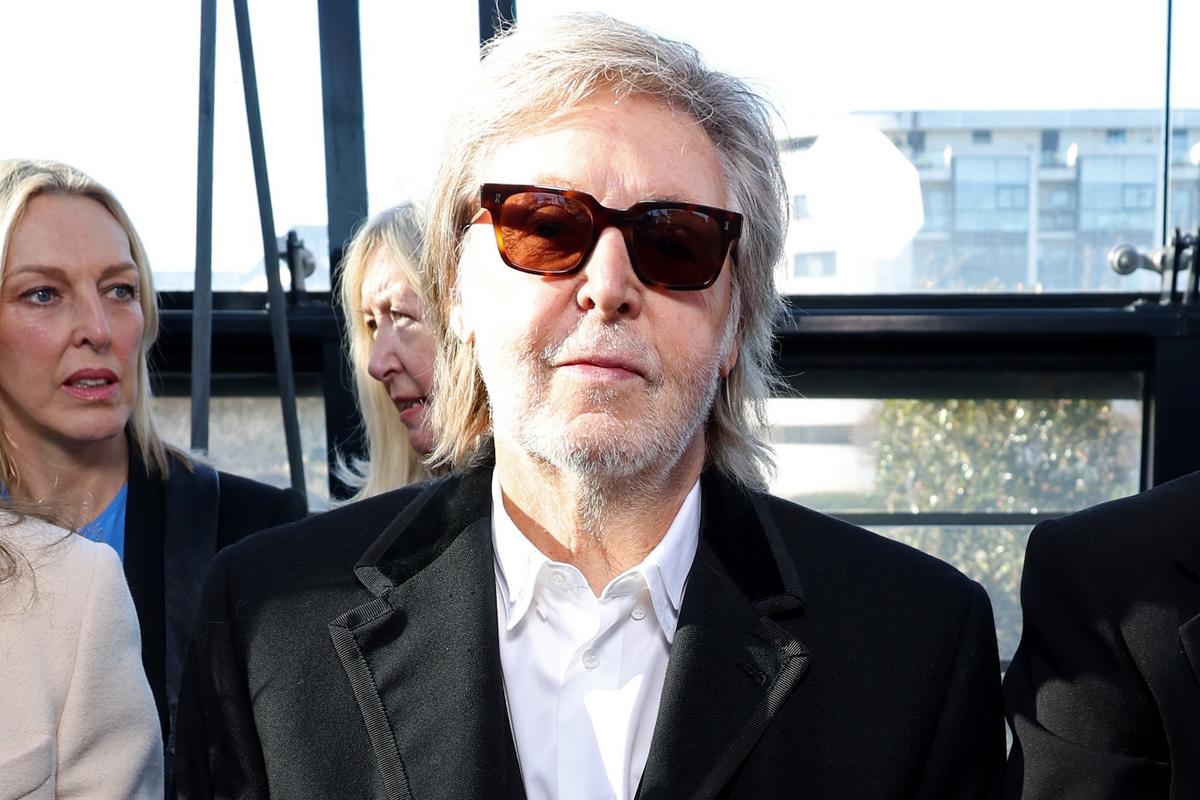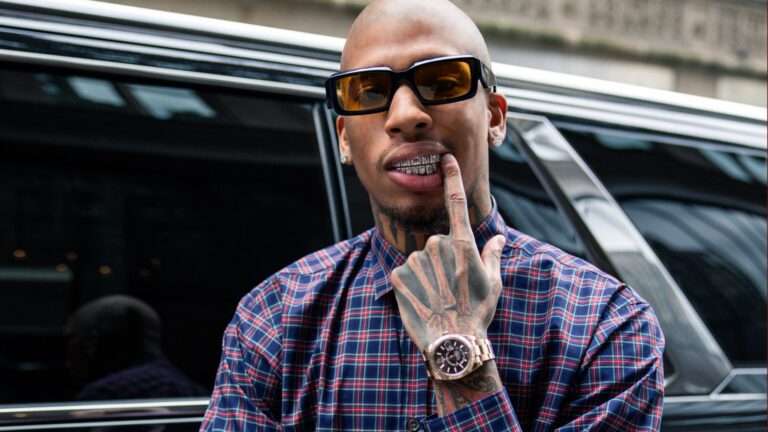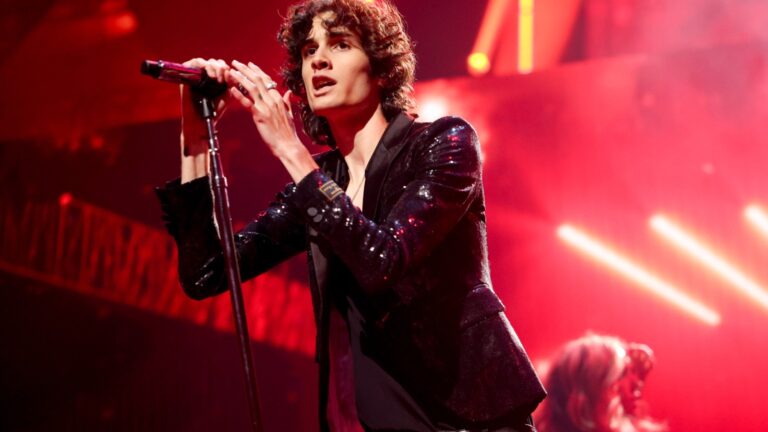In 1969, a dreadful rumor that had started three years prior began appearing more prominently in American media: that Paul McCartney was dead and had been replaced by a very convincing lookalike. The proof? There really wasn’t any, apart from conspiratorial ideas pulled from far-fetched lyrical analysis and scrutiny of album cover images.
Of course, that rumor was categorically not true and refuted on multiple occasions by not only McCartney, but by his own Beatles bandmates and their press officer Derek Taylor, but in 1969, the rumor took an even stronger hold in the public conscious and the flurry of gossip once again reached the ears of McCartney himself. He’d been aware of the rumor since it had started circulating.
Now, over 50 years later, McCartney poignantly reflected on the rumor. At first, he recently relayed to The Guardian, the whole thing seemed surreal.
“At one point, I turned to my new wife and asked, ‘Linda, how can I possibly be dead?'” he recalled. “She smiled as she held our new baby, Mary, as aware of the power of gossip and the absurdity of these ridiculous newspaper headlines as I was. But she did point out that we had beaten a hasty retreat from London to our remote farm up in Scotland, precisely to get away from the kind of malevolent talk that was bringing the Beatles down.”
READ MORE: Paul McCartney’s 30 Best Songs With Wings
At this point in 1969, McCartney was also dealing with the unfolding breakup of the Beatles for reasons that had nothing to do with the rumor, and for however unbelievable it had sounded to him then, retrospectively he can see some truth in it.
“But now that over a half century has passed since those truly crazy times, I’m beginning to think that the rumors were more accurate than one might have thought at the time,” he said. “In so many ways, I was dead. … A 27-year-old about-to-become-ex-Beatle, drowning in a sea of legal and personal rows that were sapping my energy, in need of a complete life makeover. Would I ever be able to move on from what had been an amazing decade, I thought. Would I be able to surmount the crises that seemed to be exploding daily?”
McCartney instead threw himself into raising his family and learning how to run a farm — gardening, building furniture, shearing sheep, etc. – and it greatly helped his mindset. In a sense, there had indeed been a previous version of himself that needed shedding.
“I took great satisfaction in learning how to do all these things, in doing a good job, in being self-dependent,” he said. “When I think back on it, the isolation was just what we needed. Despite the harsh conditions, the Scottish setting gave me the time to create. It was becoming clear to our inner circle that something exciting was happening. The old Paul was no longer the new Paul. For the first time in years, I felt free, suddenly leading and directing my own life.”



